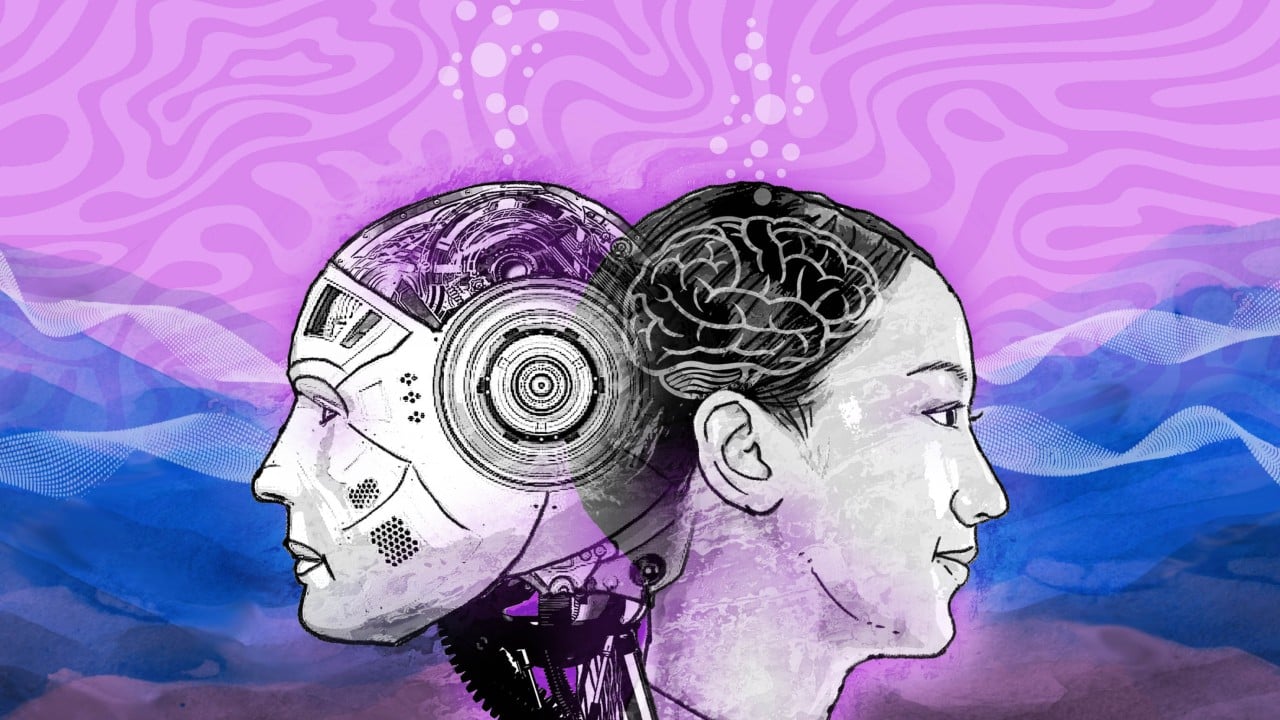When 15-year-old Benjamin Qin Muji began writing his essay during the China trials for the International Philosophy Olympiad in Shanghai earlier this year, there was one question on his mind.
Advertisement
“Do machines have the ability to think and feel pain?” Benjamin posed to his readers, the judges of the competition for high school students.
Benjamin argued that artificial intelligence, with its remarkable ability to process multiple streams of information and synthesise new ideas, could indeed think and, therefore, was conscious.
But AI could not feel pain because it lacked a biological body – the essential mediator of emotional experiences.
The reasoning was so convincing that it vaulted Benjamin to top place among the more than 70 competitors in the trials. Next stop: the international stage.
Advertisement
Benjamin is part of a new generation whose life will be dramatically affected by AI, as the world grapples with the legal implications of living alongside conscious machines and the evolving definition of what it means to be human in the age of advanced technology and AI .
For him, the question of whether AI can be conscious is definitely important because it has very significant implications.

